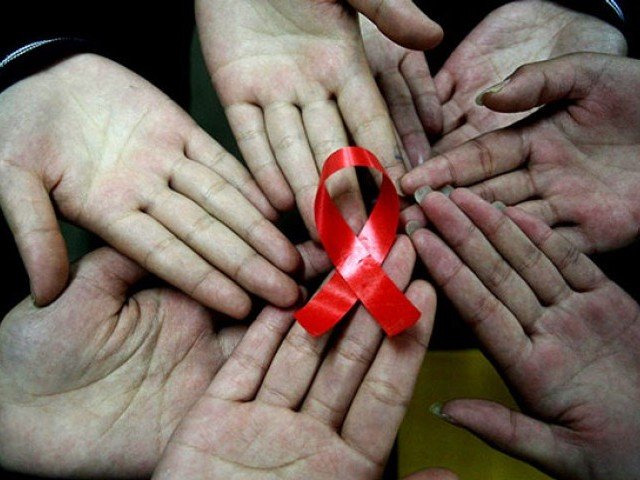
An HIV outbreak in Larkana in April 2019 reported in June 2019 resulted in 803 people contracting HIV viral disease. The outbreak investigation conducted by the World Health Organisation (WHO) and other international partners showed that the outbreak was the result of poor infection prevention control measures, risky injection practices and inadequate waste management practices.
Funds, with the support of the King Salman Humanitarian Aid and Relief Centre (KSKRelief), were raised to respond to the outbreak and establish a provincial wide infection, prevention and control programme, with special attention on the Larkana district.
Project activities started in January 2020 coinciding with the emergence of Covid-19, which served to highlight the importance of effective prevention and control measures in combating infectious diseases.
Since January 2020, extensive progress has been made.
An IPC unit was established at the provincial level to coordinate activities, and federal guidelines on infection, prevention and control measures were released in April 2020.
Read: People living with AIDS need to be destigmatised
Activities focused on enhancing the capacity of 40 provincial master trainers who received repeated extensive didactic and practical training on infection, prevention and control practices by WHO and the WHO Collaborating Centre for Infection Prevention and Control and Anti-Microbial Resistance in Saudi Arabia.
The master trainers will manage the training to 132 staff members of 38 hospitals in Sindh until March 2021.
In the six hospitals in Larkana, which was the epicenter of the HIV outbreak, full-time hospital teams and committees have been assigned and trained to develop and implement infection prevention and control policies and procedures.
Essential supplies for effective infection, prevention and control were provided.
At the end of 2020, quality improvements were documented in Larkana hospitals where the average score for infection, prevention and control assessed by WHO increased from 73 out of 800 to 340 out of 800. PPI


















COMMENTS
Comments are moderated and generally will be posted if they are on-topic and not abusive.
For more information, please see our Comments FAQ